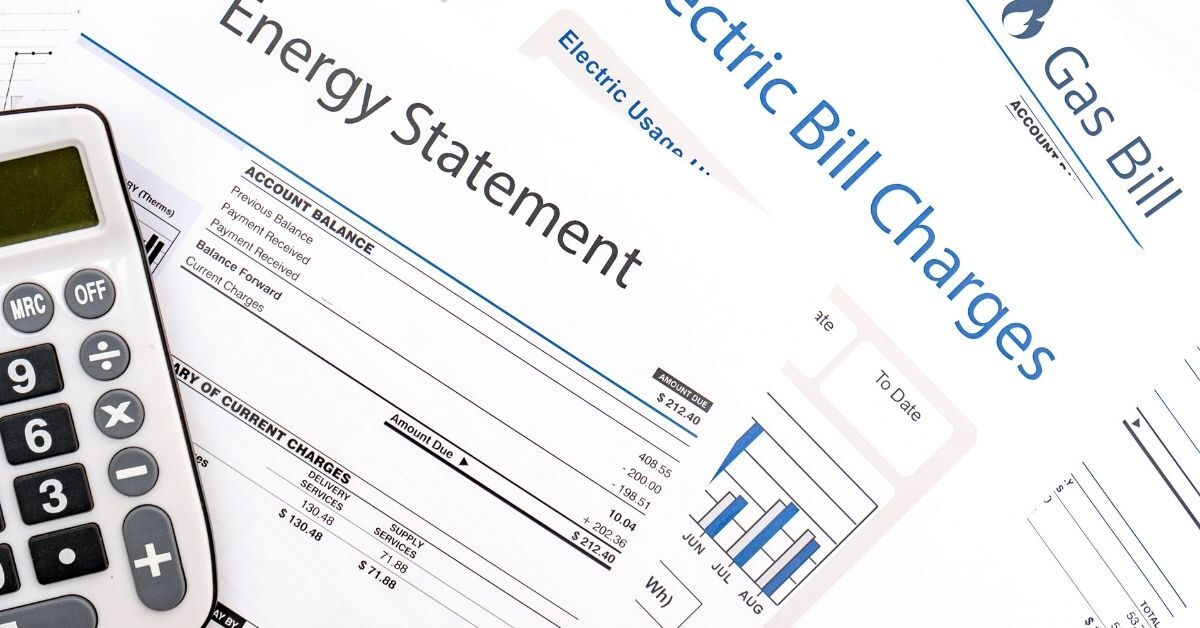Energy Suppliers forecast to hike energy bills this winter as wholesale energy price rises show no signs of slowing
Energy suppliers are expected to raise prices in the winter as analysts from Cornwall Insight forecast that wholesale energy prices will continue to rise following the easing of Covid-19 restrictions.

Forecast rise to the Ofgem energy price cap
Many energy suppliers took a financial hit during the height of the pandemic and despite ample support offered by the government, many suppliers will be looking to alleviate the costs incurred.
Combined with rising wholesale costs the analysts are forecasting that the energy price cap will likely be hiked to £1,250 per year for a dual fuel direct debit customer. A rise from the current cap of £1,138.
Wholesale energy prices have been rising steadily since the end of the second UK lockdown and globally as economies got back to some semblance of normality following periods of strict lockdowns.
Energy efficiency improvements, environmental levies and taxes are also contributing to rising energy bill costs. As the green push gathers pace, it is hard to see how the slew of new green policies can be enacted without suppliers having to raise energy bills.
According to Cornwall Insights, wholesale energy prices have now risen to some of the highest seen since 2018.
“Wholesale prices have been hit by a combination of factors. Underlying commodity prices have risen, so, too, have carbon prices reaching a high of £42.9 per tonne of carbon and more than doubling over the past year. On top of this, underlying gas prices have risen considerably due to a cold winter across Europe and low levels of gas in storage facilities. Moreover, the rising carbon, oil and liquefied natural gas prices have further supported this rise in underlying gas prices,” said Dr Craig Lowrey, Senior Consultant at Cornwall Insight.
Also read: How should Energy Suppliers explain Energy Bill Increases?
Price rises
Energy bills have already been increasing with energy suppliers such as Bulb already raising prices twice this year. Other suppliers are expected to follow as they struggle with the rising wholesale prices and are forced to up the cost of their tariffs.
In Northern Ireland, energy supplier Budget Energy announced that it was hiking its prices by 15% by adding an extra £90 to an average household’s energy bills. It too blamed the ‘significant and continuing increases in wholesale energy’.
"It is unfortunate that we have to make further increases in our prices this year, however, they are necessary due to the same rising wholesale costs that have affected all suppliers in Northern Ireland," Budget Energy’s General manager Paul Kenny said.
Energy Suppliers will be hoping that the price rises will not spur a period of frantic supplier switching as consumers seek out the cheapest deals available.
With many standard tariffs due to end at the end of the month, suppliers will need to either explain to their customers clearly why prices are rising or alternatively improve their customer service to negate the rises and hope that a good reliable service will be enough to garner enough loyalty to keep their current customer base.
Also read: 40% of the public concerned over Energy Bills says latest BEIS Public Attitudes Tracker
Do you need assistance with energy billing? Our CRM and energy billing system can help you. Contact us to find out more.
Further Reading
Value of Renewable Energy Guarantee of Origin (REGO) Certificates has soared by 50% since January
Energy Suppliers given more time as new smart meter rollout obligations deferred until January 2022
Bulb Energy makes deal to delay repaying £55 million of Loans as rising wholesale prices bite
Dyball Associates are proud to help new supply businesses successfully launch in the UK market.
Through our energy market consultancy services, and the software we've developed, we're supporting new UK electricity and gas suppliers get set up and start supplying.




